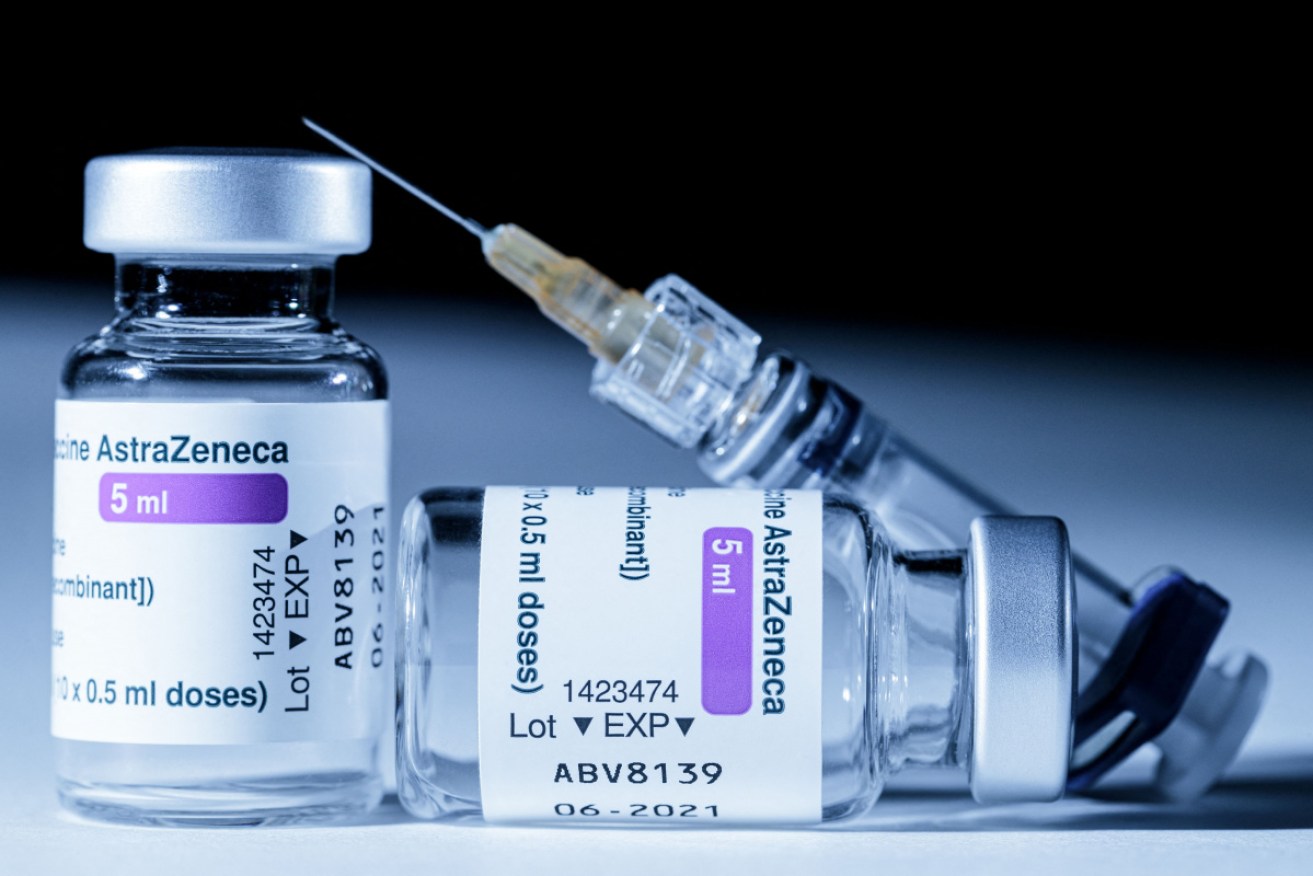AstraZeneca explained: Why it’s no longer ‘preferred’ for under-50s


The AstraZeneca vaccine rollout has been rocked by controversy. Photo: Getty
The AstraZeneca vaccine is no longer ‘preferred’ for Australians under the age of 50, according to a recommendation from the country’s expert medical taskforce.
The decision comes as a link is established between extremely rare cases of blood clots in AstraZeneca recipients, particularly in Europe. Britain has made a similar decision, choosing to use other vaccines on under-30s.
Here’s what we know so far.
What’s changed?
- The Pfizer vaccine is now preferred for use in Australian adults under 50 who haven’t already had their first shot of AstraZeneca
- Australians who have received their first dose of AstraZeneca without experiencing blood clots can receive their second dose, without complications
- Australians under 50 can still choose to get the AstraZeneca vaccine, but individual cases will be assessed for the benefit to outweigh the risk
- AstraZeneca is still safe for use in people over the age of 50.
What is the risk rate between AstraZeneca and blood clots?
- Occurrence of blood clots in young adults who receive the vaccine is estimated to be between four to six cases per one million – so extremely rare. For comparison, the risk of blood clots with use of the oral contraceptive pill is four in every 10,000
- Clots developing from the vaccine carry a 25 per cent death rate. Nineteen people have died in Britain, from 79 cases
- While it is more common in young adults (under 50) and women, the exact cause is not known
- One Australian, a 44-year-old Melbourne man, has developed clots after receiving the vaccine. He was admitted to hospital 12 days after the shot.
- Symptoms (shortness of breath, chest pain, leg swelling, belly pain, headaches or blurred vision) can arise anywhere within 14 days of injection
What does this mean for our rollout?
- Our rollout plan will now be re-evaluated, casting severe doubt on the October 31 timeline for one dose per Australian
- Phase 1b is likely to be delayed – it includes younger adults with a medical condition, and frontline health workers
- Pfizer vaccines will now be reprioritised for Australians under 50 once phase 1a has been completed
- Australia has 20 million doses of Pfizer on order to arrive from overseas – about 870,000 have arrived. The government has ordered 3.8 million doses of AstraZeneca, and 700,000 have arrived from overseas. Local outlet CSL has so far distributed about 1.3 million AstraZeneca vaccines.
-with AAP








